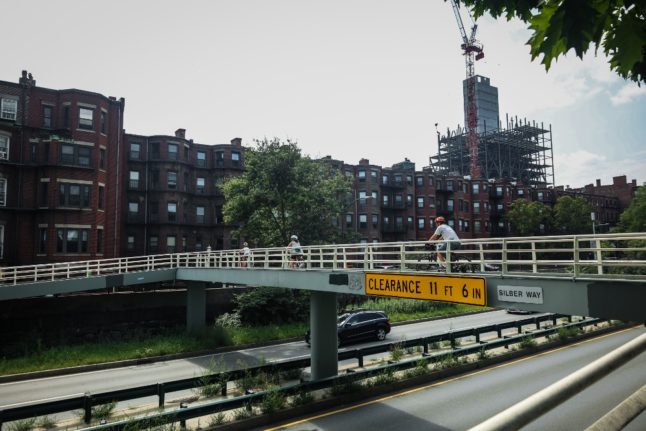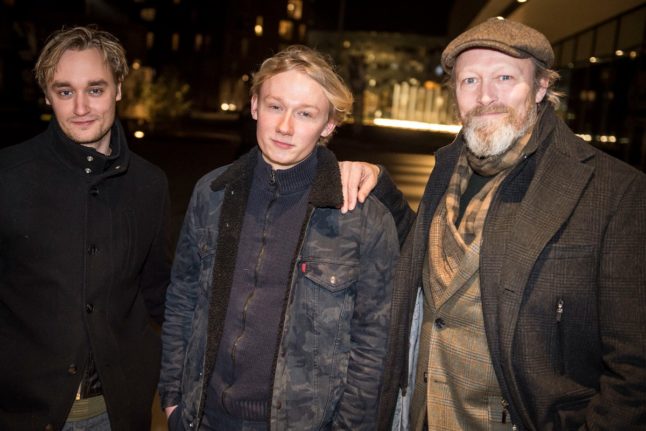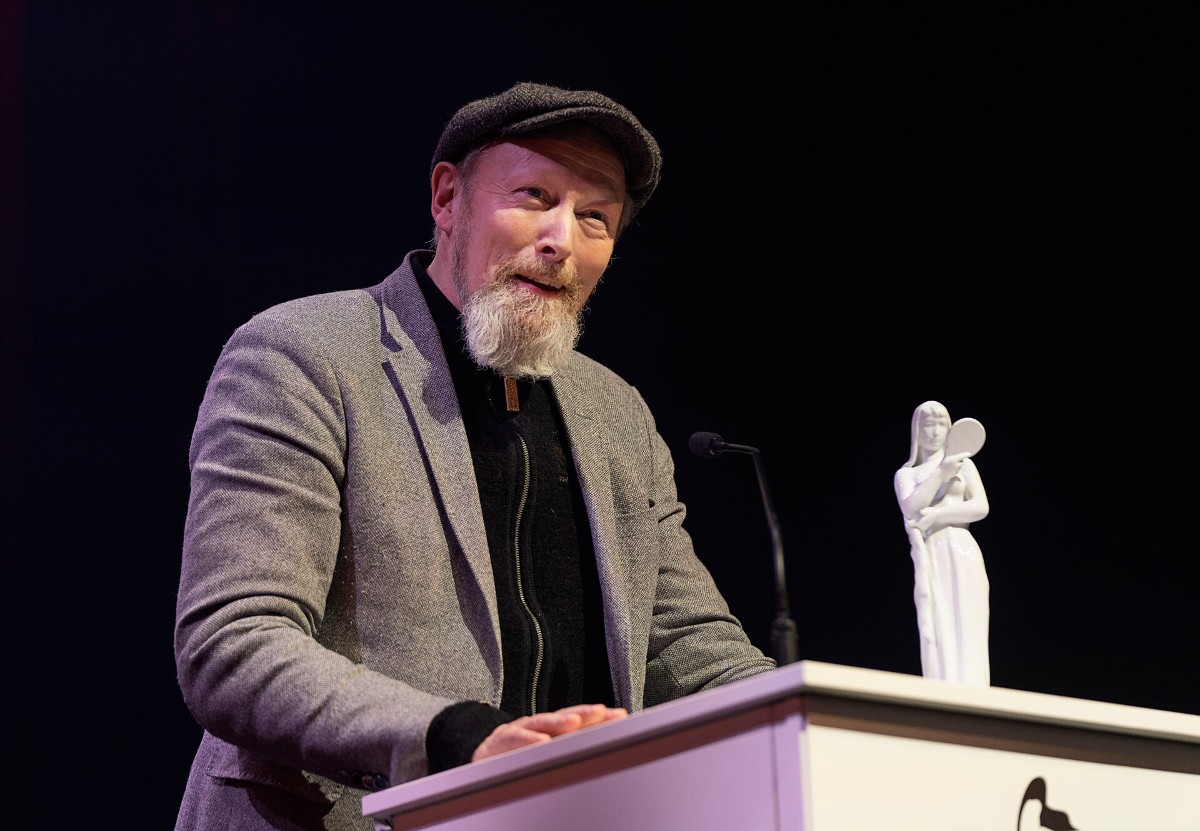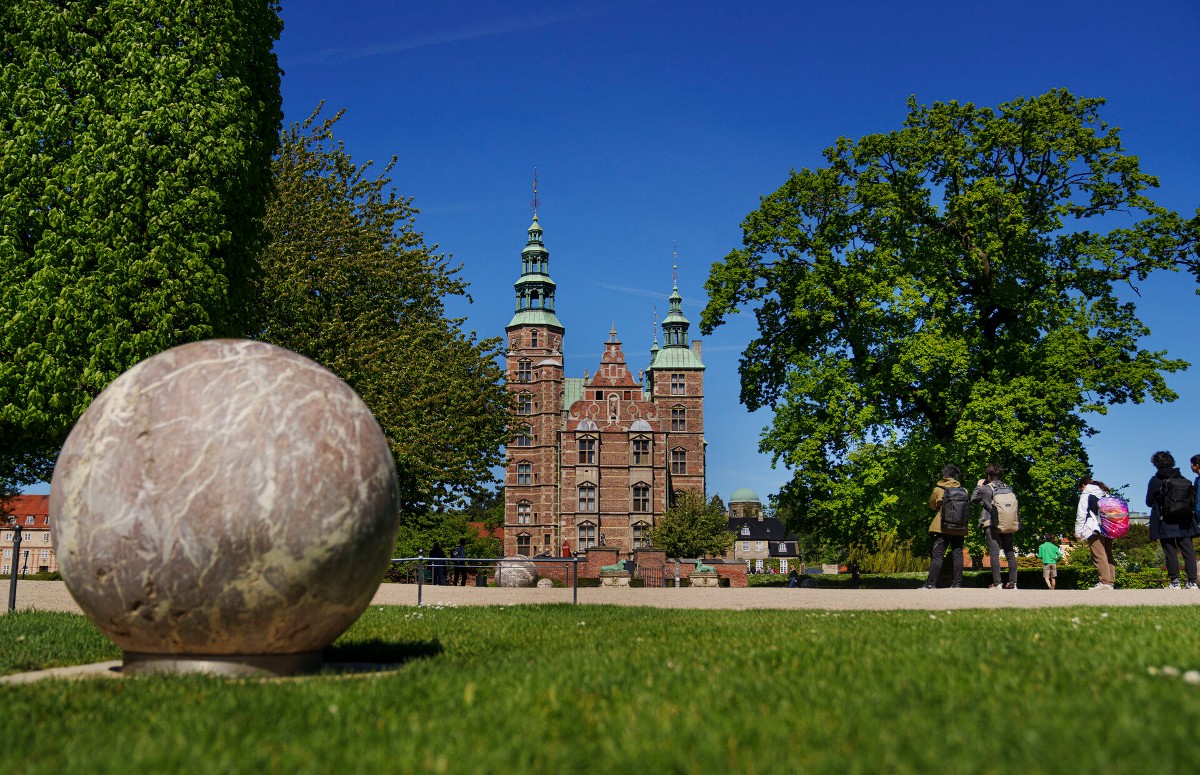In 2008, Sasan got the opportunity to move from his home country of Iran and study abroad. He chose Denmark over New Zealand and Finland, as he had family in nearby Sweden and felt optimistic about what Danish life had to offer.
He got a scholarship to study for a masters degree, which led to a PhD. Despite the course being in English, with an international environment in medical and health science, Sasan felt marginalised for not speaking fluent Danish.
After once asking if his Danish colleagues could speak English during a meeting, a professor replied in Danish: “If you don’t understand Danish, you don’t need to be here.”
On completing his PhD, Sasan then struggled to get a job.
“Denmark is a very small community and they expect people to be fluent in Danish, even if the job advert is English,” Sasan, who asked to be referred to by first name only, told The Local. The Local is aware of his full identity.
“Then I realised they put job applicants in order: Danes, Scandinavians, other European nationals, then people like me.
“A Danish friend actually said to me, ‘why don’t you change your last name, that will help you get a job?’ I said because I’m highly educated and deserve the job.”
Sasan had to go back to university to do a short-term postdoctoral to stay in Denmark, while his wife completed her own PhD, until he eventually got his first job at a big pharmaceutical company.
He settled into work life, bought a house with his wife and in 2018 they had a son. But when his parents tried to visit their new grandson from Iran, their visitors’ visa was rejected.
“I had a decent salary, a house, I could cover my parent’s expenses while they were in Denmark but because Iran had been categorised as a high-risk country, our application for a two-week visit was declined.
“I made a case at the Danish immigration office. It took ten months to process and eventually approve. My parents were then given two weeks to visit me, my wife and son, who was by then nearly one years old,” he said.
The fact their son, born in Denmark to foreign parents meant he would not be entitled to automatic citizenship, was also a blow to them.
“This triggered a discussion with me and my wife, maybe we don’t belong here,” Sasan said.
Further obstacles came when he and his wife tried to apply for permanent residency. “Rules kept changing retrospectively so we would have to start the application again. It took a long time and only I got permanent residency in the end, not my wife.”
Sasan’s wife had to work for two employers at one point in order to increase her salary to extend her work permit, despite having a PhD.
“Her working condition was below the Danish standards [work permit criteria, ed.], her salary was below her level with the PhD degree and no pension contribution by her employer,” Sasan explained.
- What’s the difference between temporary and permanent residency in Denmark?
- EXPLAINED: The difference between getting Danish citizenship and permanent residency
During the Covid pandemic, Sasan was one of four people made redundant from his department, three of whom were internationals. He was then offered remote work from some companies based in America.
“I realised, if I had invested 15 years of my life in America, I’d be a lot further in my career. I think it’s hard to get promoted as a foreigner in Denmark.
“I considered applying for Danish citizenship but mentally I had to think, is it worth fighting for when new opportunities were presenting themselves,” Sasan explained.
Sasan and his wife decided to leave Denmark with their five year-old son in June 2023, after over a year of deliberating. They moved to Boston where Sasan was offered a job at a different pharmaceutical company.
READ ALSO: ‘It’s really hard to live here in Denmark without working’
“I’m happy because the diversity, acceptance and opportunity is unbelievable. I’ve been here three months and already seven companies have approached me for job positions on very competitive salaries, even offered support for my wife. That’s never happened to me in Denmark,” Sasan explained.
His story illustrates an oft-cited problem by foreigners who come to Denmark to take highly-skilled jobs, or to live with Danish partners: that they feel pushed away by immigration rules and, in some instances, not accepted by Danish society.
Denmark is currently experiencing a long-term labour shortage in a number of sectors, a problem businesses have urged the government to address by encouraging more foreign labour.
“Personally I loved Denmark. We got two PhDs paid by the Danish government, I had many Danish friends. My son still misses Denmark and asks for leverpostej.
“There are so many amazing things – the safety, the health system, the quality of life; Denmark’s a nice country to live in, if you’re blonde enough,” he said.
“The funny thing is that Denmark heavily relies on highly educated people but make it so difficult for people to call that country home.
READ ALSO: Danish employment minister against easing immigration rules for labour
“Every time there’s been an election, regardless if the party was left-wing or right-wing, they make living here as a foreigner so difficult it’s ridiculous. And if you’re from South East Asia, Africa, or the Middle East, you’re first in line for being criticised.”
Sasan and his family now plan to live in Boston long-term and they are more confident it’s a place they will be able to call home.








 Please whitelist us to continue reading.
Please whitelist us to continue reading.
Member comments